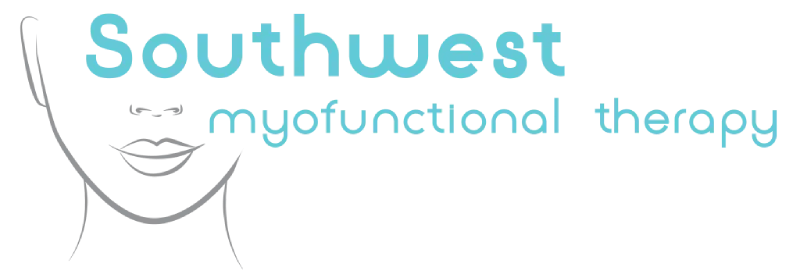Deep Breathing can change the way you feel physically, emotionally, and mentally. Deep breathing releases anxiety in stressful situations such as work, busy schedules, and dental visits. Southwest Myofunctional Therapy offers you the tool of deep breathing as an extension of caring about your overall well-being.
Benefits of deep breathing include:
- Relaxation
- Improved ability to manage stress.
- Improved ability to regulate emotions.
- Better posture will allow the lungs to expand more, which in turn will relax muscles.
- Balance brain chemistry by increasing the levels of ‘feel good’ hormones while decreasing stress hormones.
If you have trouble taking a deep breath it may be because you are a mouth breather vs. a nose breather. People who breathe through their mouth tend to take quick, shallow breaths. Whereas people who breathe through their nose tend to take deep breaths, filling and expanding the belly.
What if I Have Trouble Taking a Deep Breath?
Sometimes, breathing through the mouth is necessary when you are experiencing nasal congestion or during strenuous exercise. However, breathing through the mouth all the time, including when you sleep, can lead to:
- Cavities
- Gums disease
- Narrow jaws
- Crowded teeth
- Sleep apnea
- Snoring
- Shortening of airways
- Overall poor health
- Elongated facial structure
- Treatment of mouth breathing
How Do I Fix My Breathing?
If you are a mouth breather or have trouble taking a deep breath, we recommend Myofunctional Therapy. Myofunctional therapy is defined as “neurologic re-education of the oral and facial muscles through a series of therapeutic techniques. In simpler terms, it is a program designed to correct the improper function of the tongue and facial muscles.
Myofunctional therapy focuses on strengthening and training muscles to fight orofacial myofunctional disorders (OMDs). These disorders manifest themselves in your oral and facial muscles, hence the word “orofacial.” Muscles affected by OMDs are commonly found in the lip, jaw, tongue, or throat.
This form of therapy helps with nasal breathing and a host of other issues. Strengthening the orofacial muscles can help reduce problems such as misaligned teeth, sleep apnea, trouble chewing, and problems swallowing as well as stress. Nasal breathing is only one facet of all the ways myofunctional therapy can benefit you.
More Blog Posts
Office Hours
MON - THU8:30 am - 5:00 pm
FRI - SUNBy appointments only






